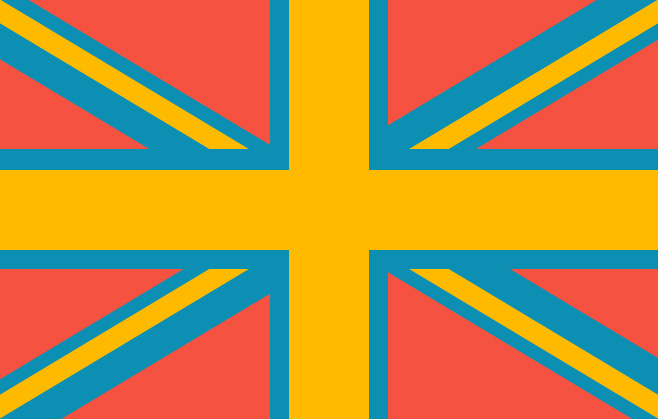
The social media battle for Scotland
With a “No” vote for Scottish Independence, those for a united Britain can rejoice this weekend, especially since this marks an end to an uncertain couple of months. In the wake of such a momentous campaign, we at The Practice were keen to take a look back, and see how the referendum played out on social media.
It seems that the majority of the UK population has had a firm opinion on Scotland’s position, and they haven’t been afraid to express their views either. The last month has seen in excess of 10 million Facebook posts surrounding the campaign, while during the final days, Twitter has been awash with over 2 million tweets from people declaring their stance. And according to The Drum, “social media has played a bigger role than in any vote in history.”
What’s interesting though, is that while the “No” vote won out in the end, the “Yes” campaign gained a higher amount of social media momentum. On Twitter for instance, the “Yes” campaign racked up 103,000 followers, while the “Better Together” campaign only generated 42,000. Similarly on Facebook, the “Yes” campaign page received 320,000 likes over the course of the events, in comparison to 218,000 for “No”. And of Facebook’s 10 million interactions surrounding the referendum, approximately 2 million were deemed to support independence, while a slightly lower 1.96 million appeared to support a union. Even in the final two days before voting, hash tags mentioning pro-independence were posted 378,000 times, as opposed to 138,000 for “Better Together”. What’s also worth noting is that the exact phrase, “vote yes”, achieved almost double the amount of mentions as “vote no.”
So why then, has support for and engagement with the “Yes” movement dominated the online social arena? We believe that social media can never reveal the full story when it comes to a political election, or for predicting the outcome of a campaign or event. Social media is of course a great measure of engagement, but in this case, online activity can be attributed to the campaign’s controversial subject matter- people will always be curious about and engage more actively with a radical movement. With the polls showing a fairly even divide between the number of separatists and unionists throughout the campaign, we can see how social media can often be an inaccurate results indicator.
While it’s true that certain events such as the US Presidential Elections back in 2012 showed a correlation between social media support for President Obama and the final outcome, France’s General Election earlier that year proved misleading. The country’s current president, Francoise Hollande, had been consistently topping the polls offline, although it was his rival, Nicholas Sarkozy, who dominated the social media discussion. Throughout April 2012 in the run up to the results, Sarkozy was the subject of a greater number of mentions, although the percentage of positive, neutral, or negative mentions proved to be neck and neck between the two. The former President also received a significantly greater number of Facebook page likes- 630,000, compared to Hollande’s 120,000. Metrics such as these show that social media performance cannot always predict an outcome, although they evidently present a good picture as to the conversations people are most interested in.
Did you follow news of the referendum and poll data on social media? And do you think that social media is generally a good predictor of real results? We’d love to hear your thoughts and reactions to the news, so please tweet to us @PracticeDigital, and share your comments on our Facebook page.




